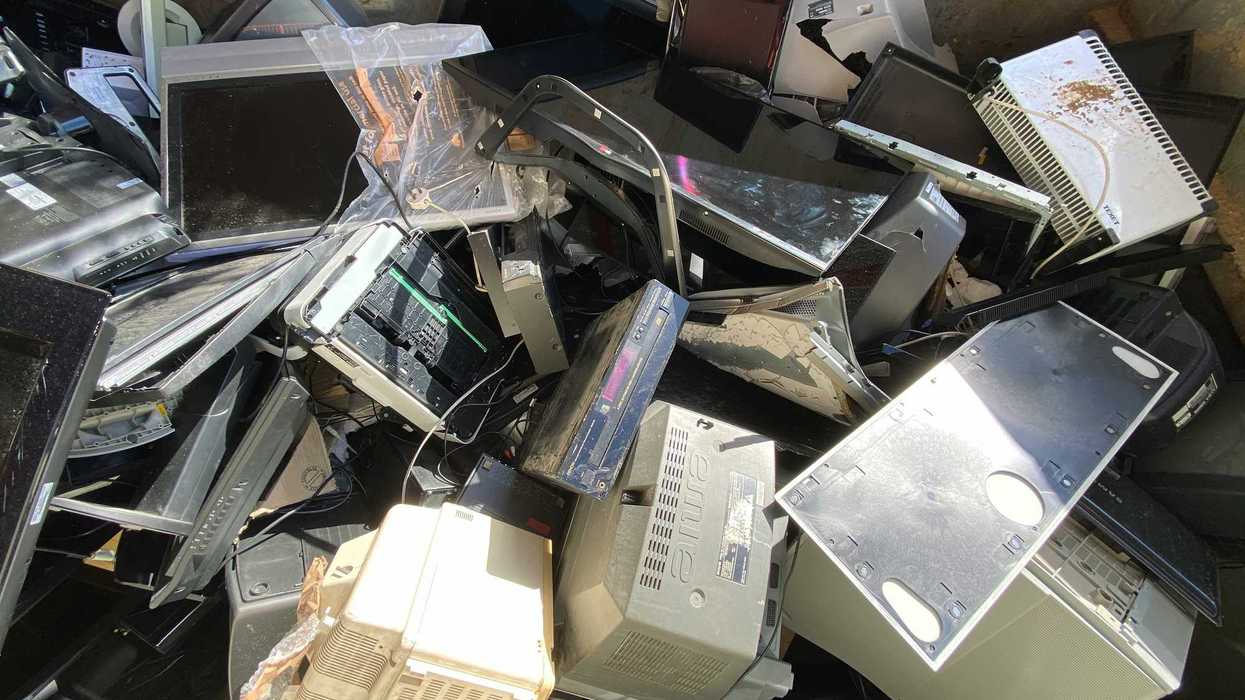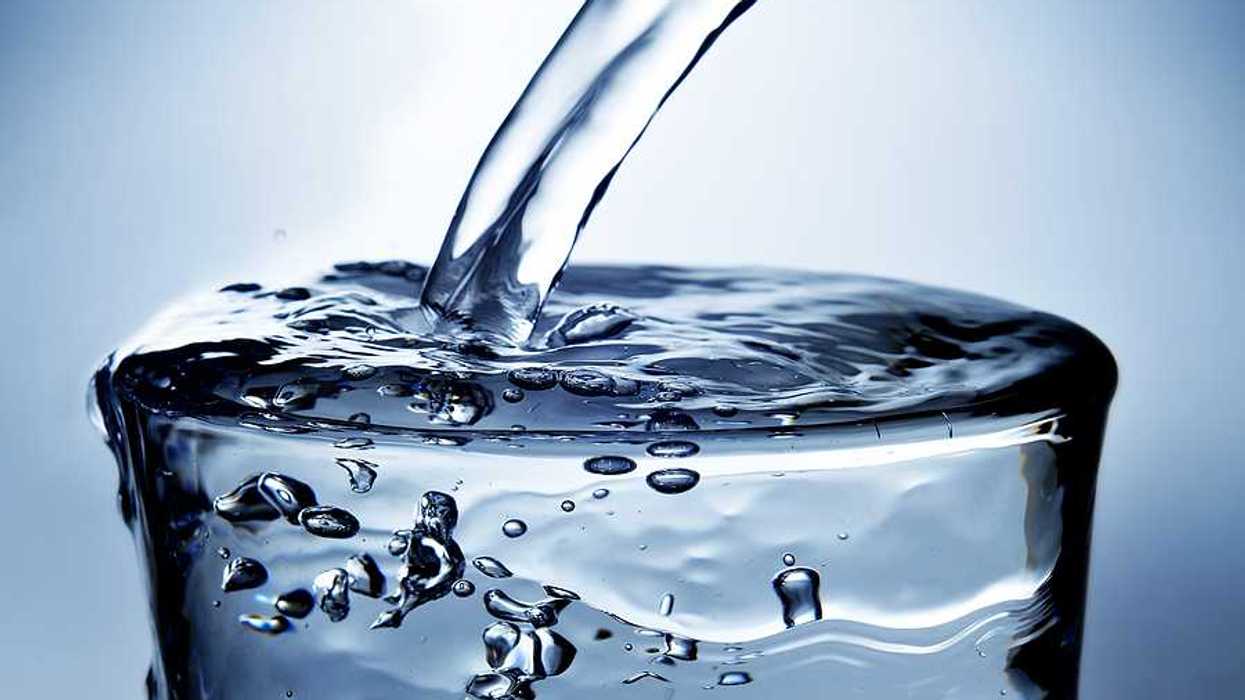Malaysia has banned plastic waste shipments from the United States, dealing a blow to America’s reliance on overseas dumping grounds and raising questions about the future of global plastic trade.
Hiroko Tabuchi and Zunaira Saieed report for The New York Times.
In short:
- Malaysia amended its Customs Act to ban plastic waste imports from countries not party to the Basel Convention, which includes the U.S., after intercepting mislabeled hazardous materials from Los Angeles.
- Since China’s 2018 ban on plastic waste, countries like Malaysia have struggled to manage the influx of foreign trash; the U.S. now recycles less than 10% of its plastic waste.
- Industry groups in Malaysia say the ban could harm domestic recyclers who rely on imported clean plastic, while others warn the waste will simply shift to poorer countries with weaker oversight.
Key quote:
“We do not want Malaysia to be the world’s rubbish bin.”
— Nik Nazmi, Malaysian environment minister
Why this matters:
Plastic production has more than doubled in two decades, with an increasing share ending up in oceans, rivers, and the bodies of wildlife. Despite recycling campaigns, most plastic discarded in the U.S. isn’t actually recycled, often due to contamination or poor design. Instead, it’s shipped abroad, where it’s burned, dumped, or mismanaged. Malaysia’s ban is part of a broader global backlash against being treated as a dumping ground. Without outlets like China and Malaysia, rich countries face growing pressure to deal with their own plastic waste. That means more plastic could end up in landfills or incinerators — or on streets and coastlines — deepening both pollution and public health concerns. The debate now turns toward curbing production itself.
Read more: Coleen Salamat: Western nations shift plastic burden to Asia through waste trade














